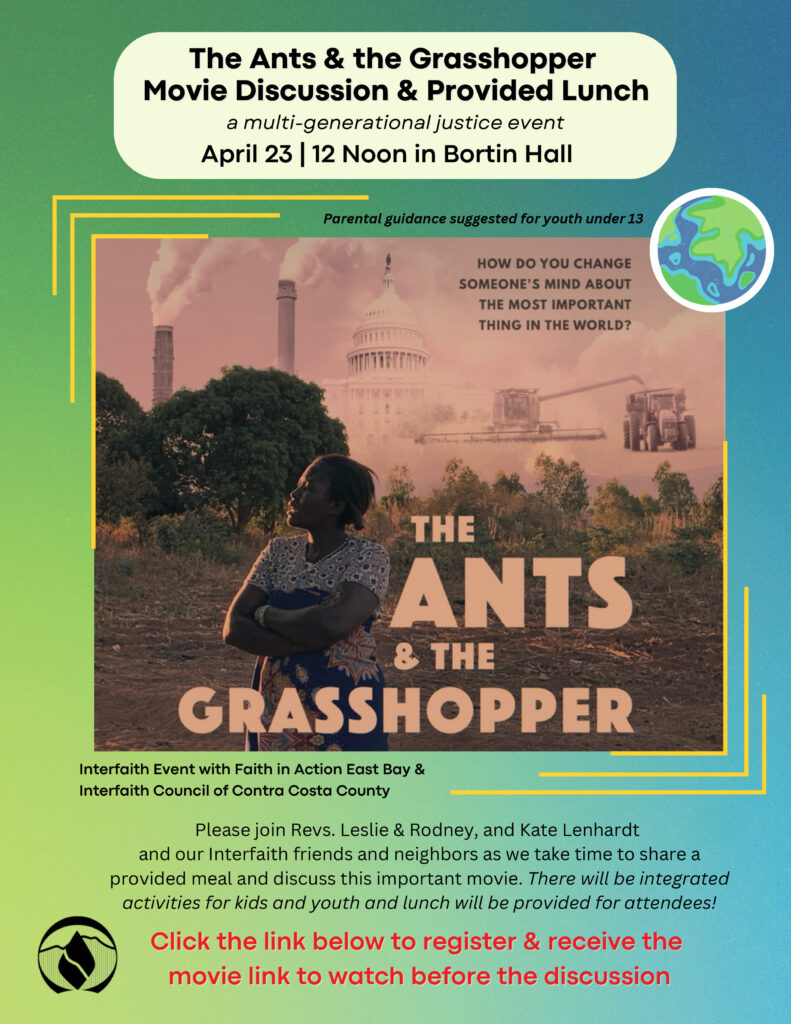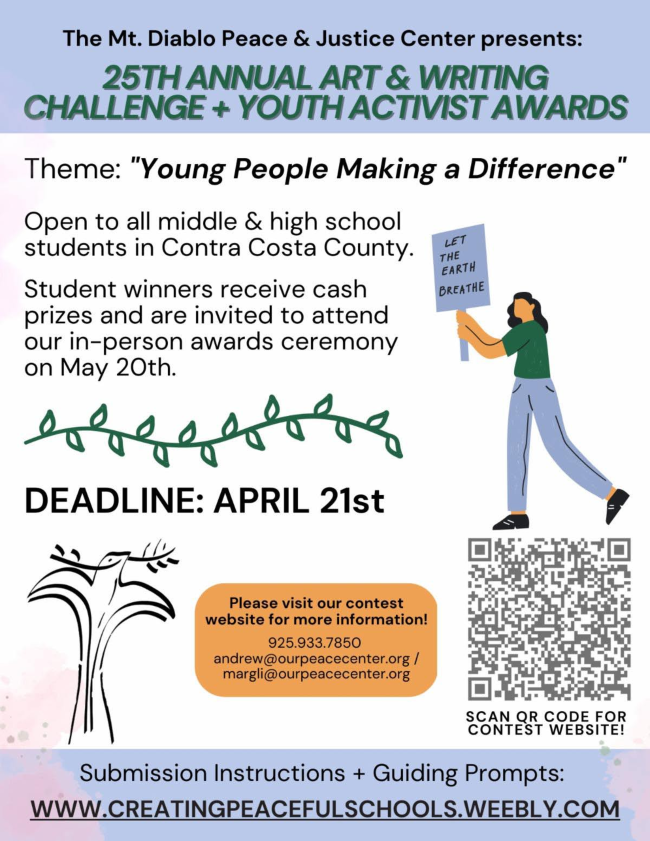| Artwork: Meredith Stern Stern’s multifaceted practice includes printmaking, drumming, collage, gardening, and ceramic arts. She views art as a powerful medium of communication to visualize a more just and peaceful world, and to celebrate the power of mutual aid and collective resistance. Her work is in the permanent collections at the Library of Congress, The RISD Museum, the Book Arts Collection at the New York MOMA, and the National Museum of Women in the Arts. Note from the artist: Consensus decision making is a process that has been used by worker owned cooperatives, in social justice organizing circles, and in various arts organizations. Justseeds uses consensus when making large group decisions. SNCC used consensus process during their work in the Civil Rights Movement in the 1960s, as have many other social justice organizations, past and present. Rhizome wrote a brief history of consensus decision making which can be read at this link. Included in this article is the use of consensus process by Indigenous groups. The Haudenosaunee Confederacy are credited as being the oldest participatory democracy on Earth. Some people have told me they’re reluctant to use consensus because they imagine it takes too much time. However, what I have found is that when we use consensus decision making, it leads to better decisions that more people in a group feel greater confidence in. It allows for time to talk out issues people have with an initial proposal, which can lead to a more complex and healthier proposal that better serves the group. Making decisions by consensus means having time for discussion so that the whole group has time and space to thoroughly understand the issue and implications for the proposal, they can voice their opinions, perspectives, ideas, and the group can create a more comprehensive final proposal that can better serve more people in the group. In my two decades of using consensus in various organizations, consensus blocks have only happened a couple times and those blocks led to better solutions for the group. Decision making by consensus leads to more democratically run organizations. When folks are given a process to be empowered to have their voices heard, it means that a group doesn’t just follow the most immediately vocal people. A healthy community listens to every voice and can understand and consider the implications for whatever is being proposed. Thorough decision making makes for more engaged members who feel empowered and part of the organization” |
Our Art & Writing Challenge + Youth Activist Awards for students of Contra Costa County is now OPEN!!!
Topic/Prompt for 2023:”Young People Making a Difference”
Contest Website: www.creatingpeacefulschools.weebly.com
Contest Deadline: April 21st
Our Art & Writing Challenge, named in honor of its founder Dennis T. Thomas, is organized to encourage local youth to address issues of peace and social justice through fine art (includes visual art, sculpture, photography, video, and music) or writing (creative writing or essay). We are open to nearly all mediums, and are now expanding our categories to include original MUSIC into the “Arts” category!
Submissions are open to all middle and high school students in Contra Costa County
Upcoming Events:
 Monday, March 20th@ 4:00PM Social Justice Speaker Series: Indigenous Voices Rising Organized by the Diablo Valley College Social Justice Department TICKETS: FREE (Register Online for Zoom Link) About the event: Please join the Diablo Valley College Social Justice Department TODAY (Monday, 3/20 @ 4PM) in the Diablo Room or on Zoom for the next event in their Social Justice Speaker Series! Desirae Harp will be singing songs about the healing of Indigenous women and the Earth, as well as telling stories about her experience on the frontlines of movements that are being led by Indigenous women. |
 Monday, March 20th@ 4:00PM Equity Speaker Series: Adverse Childhood Experiences (ACE), Intergenerational Experiences of Stress and Trauma: Cultural Strategies for Healing ‘In Community’ Organized by the Diablo Valley College Social Justice Department TICKETS: FREE (Register Online for Zoom Link) About the event: The experience of ongoing stress, trauma and loss, sometimes repeated or intergenerational, reflect the experiences of many college-age students. The extended period of the pandemic, of health and relational inequities, has compounded difficulties in coping. Awareness and sensitivity of the impact of Adverse Childhood Experiences (ACE) and the aftermath, on development among students and by college staff are essential for strategies to address wellness and health equity. |


